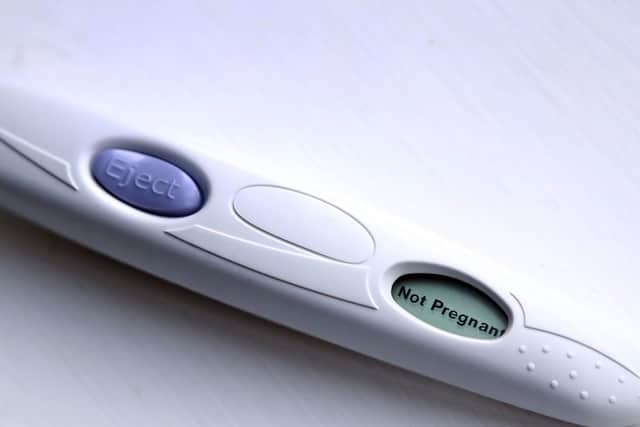More emergency contraceptives provided to Bedford women before pandemic
and live on Freeview channel 276
More emergency contraceptives were provided to women in Bedford through sexual health services last year, despite a big drop across England as a whole.
With tens of thousands fewer items provided nationally, the British Pregnancy Advisory Service says lifestyle changes among younger women could be driving down demand for the morning-after pill.
Advertisement
Hide AdAdvertisement
Hide AdAround 115 emergency contraceptives were provided to women in Bedford by sexual and reproductive health (SRH) services in 2019-20, NHS Digital data shows.


This was up from 95 the previous year, although it was still fewer than the 345 items prescribed in 2014-15, when local figures were first published.
Emergency contraception can be the morning-after pill or an intrauterine device – often called the coil, which is inserted into the womb to stop the egg developing.
The figures cover services including family planning and community contraception clinics, and young people’s advice centres, and are rounded to the nearest five for confidentiality.
Advertisement
Hide AdAdvertisement
Hide AdAbout 10 items were provided to under-16s in Bedford last year, the same number as in 2018-19.
But it was a different story across England, around 4,300 items were given to the age group – 9 per cent fewer than the previous year and down 74 per cent from 2009-10.
Katherine O'Brien, associate director of campaigns at BPAS, said the sharp national drop among younger women in recent years could be down to lifestyle trends.
She said: “Our research has found that teenagers' patterns of social interaction – often with their families, often online, combined with lower levels of alcohol intake – may be impacting on their likelihood of engaging in sexual activity, and therefore their need to access emergency contraception.”
Advertisement
Hide AdAdvertisement
Hide AdYounger people are also focused on their education, aware of economic challenges, and value responsibility and maturity when it comes to alcohol consumption and sex, the report found.
Nationally, 78,300 emergency contraception items were given to women of all ages last year – a 14 per cent year-on-year drop and 45 per cent fewer than a decade previously.
NHS Digital cautions that the figures do not represent all ways to access contraception, as it excludes services provided by hospital out-patient clinics, GPs, and pharmacies.